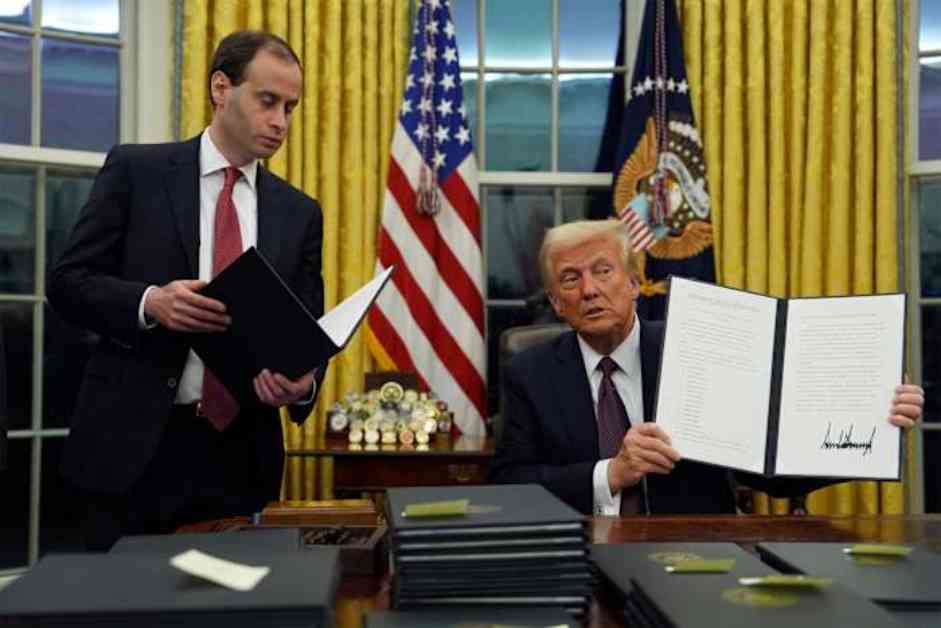Trump Pardons 1,500 Jan. 6 Defendants, Including Rioters: What You Need to Know
President Donald Trump made a controversial move on Monday, pardoning or commuting the sentences of over 1,500 individuals charged with crimes in the January 6, 2021, U.S. Capitol riot. This decision, a stark display of the president’s clemency powers, has sparked a wave of reactions and criticisms across the country.
Unprecedented Pardons and Commutations
On his first day back in office, President Trump signed executive orders to grant clemency to those convicted of offenses ranging from seditious conspiracy to assaulting police officers during the Capitol riot. This action, coming just hours after Trump’s return to the White House, effectively undoes the massive prosecution efforts aimed at holding participants accountable for the violent attack on American democracy’s core.
The speed and scope of these pardons have left many stunned, as they mark a significant departure from the Justice Department’s ongoing efforts to address the events of January 6th. Trump’s decision to dismiss roughly 450 pending cases further illustrates his determination to rewrite the narrative surrounding the riot and its aftermath.
Reactions and Controversy
Supporters of President Trump and lawyers representing the Jan. 6 defendants have expressed elation at the news, gathering outside Washington jails to celebrate the pardons. However, critics, including Democratic leaders and law enforcement officials, have condemned the move as an insult to justice and a dangerous precedent for those who seek to undermine democracy.
Former House Speaker Nancy Pelosi described the decision as outrageous, while Senate Democratic Leader Chuck Schumer warned of the dangerous message these pardons send to individuals who engage in violent and unlawful activities. The emotional toll on law enforcement officers who faced the brunt of the rioters’ aggression is palpable, with Officer Michael Fanone expressing disbelief and disappointment at the news.
Implications and Future Outlook
As the nation grapples with the aftermath of Trump’s unprecedented pardons, questions loom about the impact on accountability, justice, and the rule of law. The fate of those released from prison remains uncertain, with legal proceedings and public opinion shaping the narrative moving forward. The broader implications of these actions on national reconciliation, law enforcement, and political discourse are yet to be fully realized, leaving many Americans grappling with the profound consequences of the Capitol riot and its aftermath.
In conclusion, Trump’s decision to pardon over 1,500 Jan. 6 defendants has ignited a firestorm of controversy and debate, underscoring the deep divisions and challenges facing the nation today. As the dust settles on this historic moment, the echoes of January 6th continue to reverberate across the political landscape, raising critical questions about justice, accountability, and the future of American democracy.















